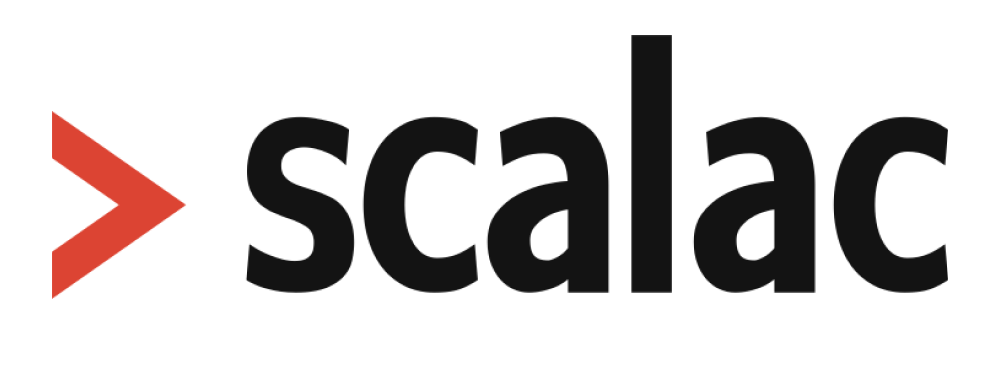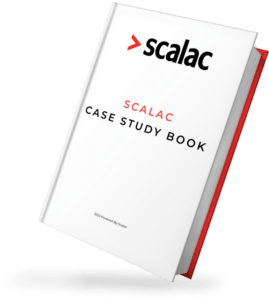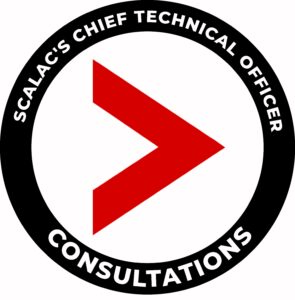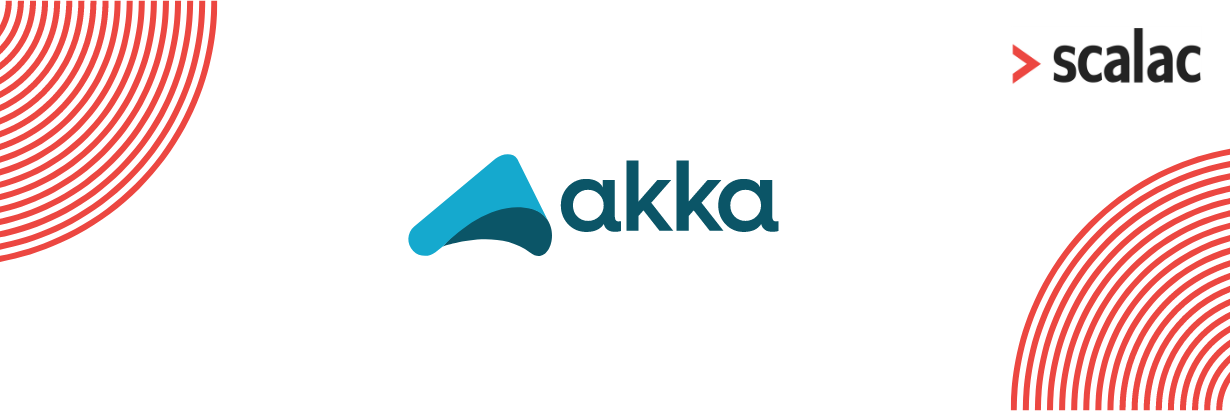
All You Need To Know About ScalaDays Conference

If you want to be up to date with all Scala events, sign up for Scalendar, our Event Driven Newsletter.
The ScalaDays Conference deals with strictly technological topics related to this programming language. Its purpose is to increase the functionality of related activities, facilitate work, and provide any tips linked to the Scala programming language. The Scalac Team has been attending the conference for years now, getting involved in the agenda, and constantly supporting the growth of the Scala community. That is why we would like to bring the ScalaDays conference closer to you too!
Here’s what goes into the ScalaDays program, which is designed to bring together programmers and technology specialists Worldwide during one conference.
Such a large number of ideas, cooperation, and contrasting suggestions allows Scala geeks to strive for increasingly better solutions within applications, websites, and many other systems.
Our goal today is to examine why ScalaDays has become one of the most interesting events in the Scala community calendar.
What is ScalaDays, actually?
To put it simply: nothing less than a Scala Fest.
In 2019, ScalaDays was organized by Lightbend, Ecole Polytechnique Fédérale de Lausanne (EPFL), and the Scala Center. A year later, it was also organized with cooperation between LightBend and the Scala Center, headed by Martin Odersky.
ScalaDays is a conference that gathers developers and technology professionals around the globe to exchange ideas and experiences about Scala and other technologies.
ScalaDays has been operating since 2010. Its committee includes, among others, the founders Martin Odersky, Daniela Sregola, Sebastian Doerane, Rebecca Mark, Adriaan Moors, Heather Miller, Konrad Malawski, and Holden Karau.
The number of attendees has also increased over time. Participants include programmers, software architects, their team managers, and researchers.
When ScalaDays began in 2010, it attracted 150 participants. The figures are more impressive now: with a growing following of 1,500 attendees every year, 70+ talks and workshops across two continents, and an average of 20 sponsors, ScalaDays has become the leading Scala conference.
The ScalaDays event gives users of this programming language the unique chance to interact with contributors and related technologies, as well as with fellow developers.
What does the conference cover?
If we wanted to identify some of the most critical sectors in which ScalaDays operates, it would be enough to take a look at the 2019 Scala Days conference agenda.
It is evident that ScalaDays is associated with the constant cultivation of programming methodologies, new tools, and virtual machines while maintaining the security of the project.
Each edition has a different topic, but the challenges Scala faces as we enter the saturated market of programming languages are always present.
You have the last chance to send #ScalaDays anniversary post card to your colleagues for free.
— scalac.io (@scalac_io) June 13, 2019
Come to our booth before going back home :) pic.twitter.com/qDDQss16QT
A sneak peek into the 10th edition of ScalaDays
During the 10th edition of ScalaDays (back in 2019), a representative of Martin Odersky gave a conference on the next stage of mirroring the application – Scale 2.13.
Martin Odersky is an academic lecturer, computer scientist, and professor of programming methods at the École Polytechnique Fédérale de Lausanne. He created not only Scala but also Generics in Java, which was added to the Java programming language in 2004. He is also the author of two books on Scala and a co-organizer of the European Conference on Object-Oriented Programming.
A special focus has been placed on the fact that 162 collaborators contributed 1,500 ideas, which made it possible for representatives to implement these changes.
Hey #scaladays if you are quick you may grab one of the @scalac_io mugs left at the main hall. pic.twitter.com/oOH99B6OhQ
— Lukasz Kuczera (@lkuczera) June 17, 2016
Key takeaways from the 10th edition of ScalaDays
#1 Develop seamless web services with Mu
At the ScalaDays conference in 2019, Oli Makhasoev introduced us to a new ”Mu” library. Mu is an FP library designed for creating internet services. It facilitates the transfer of protocols and the transport of layers when an organization wants to change to a new tech stack. Annotations to Mu codes provide the ability to define interfaces such as API, RPC, or REST. However, a prerequisite for using Mu is that you know Scala syntax and the basics of RPC and REST. The Mu tool allows for smooth changes in the context of web services without clear implementation errors. The six main advantages of Mu, indicated by Oli Makhasoeva, are:
- Rapid API development
- Flexibility
- Modularity
- Extensibility
- Testability
- OSS
#2 Performance tuning Twitter services with Graal and ML
At the 10th anniversary of ScalaDays, Chris Thalinger addressed the topic of Twitter services in conjunction with Graal. He has been working on JVMs for over 14 years and is a member of the Twitter VM team. Graal made it possible to cut costs related to data center costs but working within a Machine Learning framework – specifically on Autotune, a tool helping in optimization – helped reduce costs even more. Chris describes how Twitter performance has improved significantly since the introduction of Autotuning in Graal.
#3 Immutable Sequential Maps – Keeping order while hashed
Odd Möller discussed the challenges that await us before developing and optimizing immutable.TreeSeqMap files. It is planned to be included in Scala 2.13. He also introduced us to the decisions that they have made using JMH to improve performance and immutable.TreeSeqMap memory. This emphasizes what we should avoid while using this tool and the procedure for adding code in Scala. He also defined sequential maps, Linked HashMap, ListMap and listed the advantages of using them.
Why should ScalaDays land in your diary?
In an era of faster-developing technology, it is easy to lose your hooking point and target.
And that’s why ScalaDays was created: to help people gain knowledge and determine the purpose of their careers. ScalaDays focuses mainly on introducing innovative activities in the area of using this programming language. Its purpose is to facilitate work and speed it up.
Another benefit is ScalaDays makes work more satisfying and enjoyable. It presents various fields related to this subject clearly and understandably. Furthermore, it enables people who are working and interested in this subject to ask questions via the ScalaDays forum, Twitter, or YouTube channel.
Presentations are available to watch on the YouTube platform, while ScalaDays is active on social media and is gaining increasingly more interest. Over the past ten years, ScalaDays has spread its wings, and it seems like this is just the beginning of a large project. People from various fields of education participate in the conference. Thanks to this, they can share ideas by creating applications using Scala and other technologies such as Spark, Kafka, Akka, or the Play Framework. It is slowly introducing participants to the processes taking place in the Scala project. Experience is not required, only willingness and commitment. And it is in the world of technology and science where there is a place for a clear message – no matter where you are from, you can try to refine and increase your skills in this field.
The next ScalaDays conference is planned as an online event for November 2021. However, the exact date has not yet been announced.
Scalac at Scaladays









It is impossible not to mention the 5th anniversary of Scalac, which we celebrated on ScalaDays in 2019. Thanks to the increasing popularity of Scala through their conferences, Scalac has managed to expand its capabilities dramatically. We now focus mainly on topics related to Blockchain, Data Science, and Data Engineering. Our team has grown, which has allowed us to increase the efficiency of our work through small groups tackling complex problems. At Scalac, we emphasize the importance of soft skills like speaking, which are strongly valued in the IT industry.
Well, that escalated quickly! It’s the last day of @scaladays conference – does anyone know where did the time go?#ScalaDays2019 #ScalaDays pic.twitter.com/oBpaBGaI0z
— scalac.io (@scalac_io) June 13, 2019











